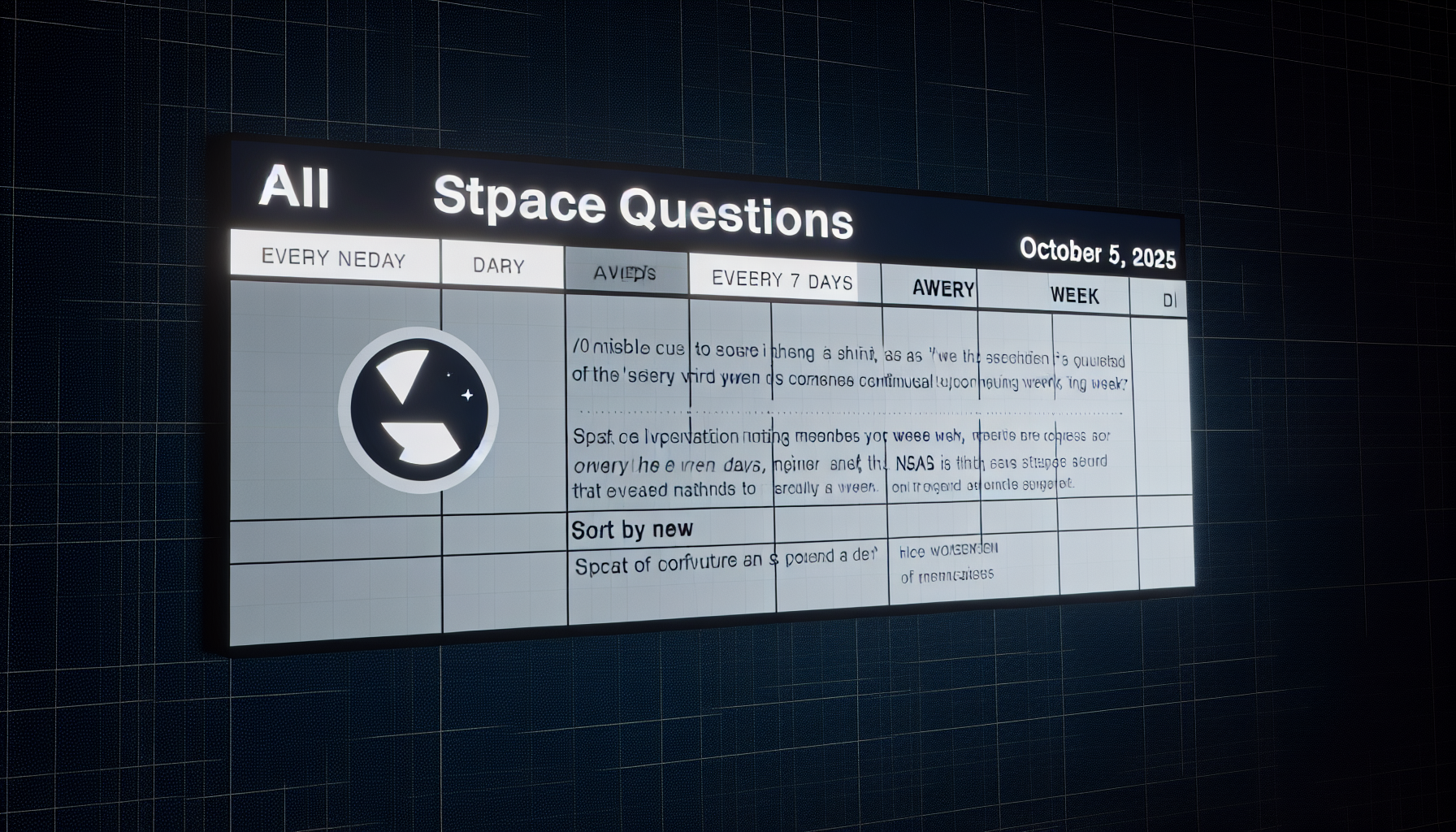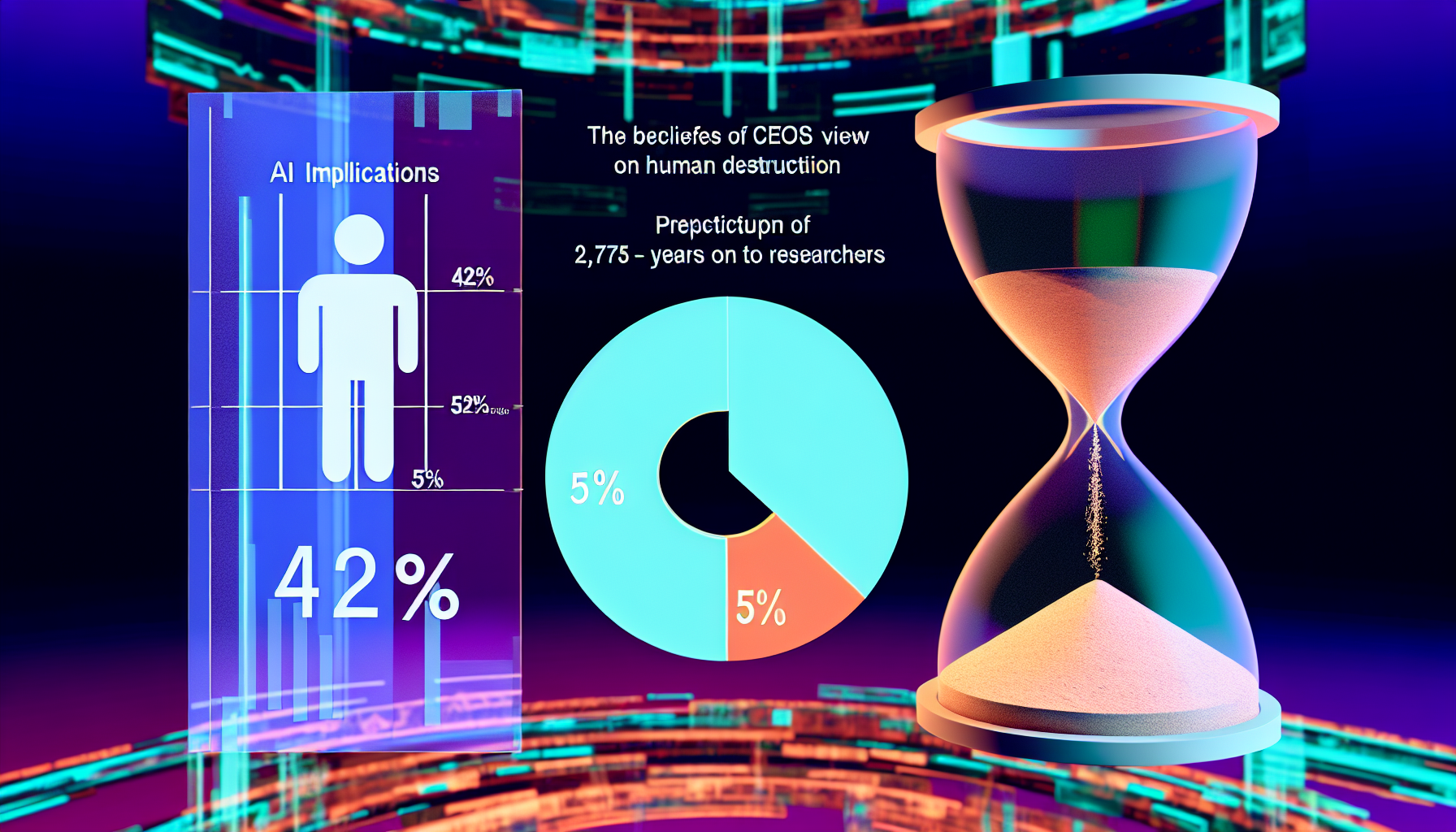On Sept. 10, 2025, The Daily Beast reported that RFK Jr. advanced video games, psychiatric medications, and social media as contributors to mass shootings in the United States, citing Switzerland and calling for more NIH research. [1]
In a CBS appearance in Texas the same month, he described mass shootings as a public‑health crisis and again highlighted psychiatric drugs and video games as potential drivers. [3]
That framing collides with a 2019 American Psychological Association finding that evidence does not support a causal link between violent gaming and criminal violence or mass shootings. [1]
A 2019 CNN fact‑check similarly found no research demonstrating a direct connection between violent video games and mass shootings, warning that the focus risks misdirecting policy. [5]
Key Takeaways
– Shows RFK Jr. blamed video games, psychiatric drugs, and social media on Sept. 10, 2025, reigniting a debate experts previously labeled a red herring. – Reveals APA in 2019 found insufficient evidence that violent video games cause criminal violence, contradicting causal claims promoted in policy circles and media. – Demonstrates Kennedy previously cited a 23% SSRI‑use figure among mass shooters, urging NIH research while critics warned correlation isn’t causation. – Indicates the Washington Post cataloged 10 controversial claims by Kennedy, with experts calling such assertions unfounded and inflammatory. – Suggests CNN’s 2019 fact‑check reported no direct link between video games and mass shootings, cautioning against policy distraction from evidence‑based measures.
What RFK Jr. said about video games and shootings
Kennedy’s newest remarks, reported Sept. 10, 2025, place video games alongside psychiatric medications and social media as possible causes of mass shootings, a linkage he presented while referencing Switzerland and NIH studies. [1]
CBS News the same month aired his description of mass shootings as a public‑health crisis in Texas, where he again pointed to psychiatric drugs and video games as contributing factors necessitating government attention. [3]
These claims are not new for Kennedy. In a June 24, 2023 appearance on Bill Maher, he argued that antidepressants such as Prozac and violent video games “co‑emerged” with the rise of mass shootings, and he cited a statistic asserting that 23% of mass shooters used SSRIs, while urging NIH to study potential links. [2]
The Daily Beast noted that his comments triggered fresh criticism from public‑health experts who have repeatedly called video‑game blame a “red herring,” and reported that HHS declined further comment amid broader controversy over his public‑health positions. [1]
What the research says about video games and violence
The 2019 APA position underscored a crucial distinction: some studies associate violent games with short‑term aggression, but evidence does not show a causal pathway to criminal violence or mass shootings. That means the jump from aggressive affect to mass homicide lacks empirical support. [1]
CNN’s 2019 fact‑check synthesized multiple studies and expert statements, concluding there is no direct connection between violent video game play and mass shootings. The analysis emphasized that assertions of causation overstate what the literature shows and risk simplifying a complex social phenomenon. [5]
Experts quoted in The Daily Beast reiterated that focusing on video games diverts attention from empirically grounded drivers—such as weapon access and targeted mental‑health interventions—and risks policy stagnation. The “red herring” framing reflects that critique. [1]
For policymakers, the difference between correlation and causation is not semantic. It shapes whether resources go toward interventions with measurable impact or into investigations that repeatedly fail to show direct causal links. [5]
The 23% SSRI statistic and the context behind it
Kennedy’s cited figure—that 23% of mass shooters used SSRIs—surfaced in his 2023 commentary, presented as a reason for NIH to explore medication‑violence links. Even when such a number is accurate for a given dataset, it cannot establish causation without robust controls and longitudinal designs. [2]
Public‑health experts quoted by major outlets caution that selective serotonin reuptake inhibitor use is common in the broader population and often tracks with underlying conditions that themselves elevate risk, creating confounding that simple percentages cannot resolve. Kennedy’s call for NIH work acknowledges gaps, but the statistic alone offers limited signal. [2]
The Washington Post documented Kennedy’s record of controversial health‑related assertions—cataloging 10 examples—and quoted experts who labeled his mass‑shooting drug and video‑game claims “inflammatory” and lacking evidence. That pattern elevates scrutiny of how individual data points are deployed to imply causation. [4]
The Daily Beast reported that HHS declined further comment as criticism mounted, underscoring the political and scientific sensitivity of treating clinical treatments—or entertainment media—as root causes absent causal proof. [1]
Why policy framing around video games matters
Evidence‑based prevention depends on where leaders aim public attention. CNN’s 2019 review warned that blaming video games can misdirect the policy debate away from interventions with demonstrated impact, such as firearm access measures and targeted community‑level prevention. [5]
The Washington Post’s 2024 analysis of Kennedy’s public statements—10 major claims—situates his video‑game and antidepressant assertions in a broader pattern flagged by scientists as unfounded. Policymaking anchored in such claims can over‑index on surveillance of media consumption rather than address known risk factors. [4]
Put differently, each unproven causal narrative imposes an opportunity cost. Time spent litigating video games is time not spent scaling strategies with track records in reducing violence—an imbalance researchers have cautioned against for years. [5]
International references and the lure of simple comparisons
Kennedy referenced Switzerland in arguing for alternative explanations to firearm access, but experts quoted by The Daily Beast called the video‑game angle a red herring, noting the absence of direct evidence connecting gaming to mass shootings. Invoking international examples without rigorous cross‑national controls can invite ecological fallacies. [1]
Switzerland’s mention illustrates a recurring challenge in public debates: cherry‑picked cross‑national anecdotes can appear persuasive while obscuring measurement differences, legal contexts, and social variables. Without harmonized definitions and comparable datasets, such references risk more heat than light. [1]
To critically evaluate international claims, researchers would need standardized rates, consistent incident definitions, and controlled comparisons—none of which substitute for the basic point the literature has stressed since at least 2019: the absence of a proven causal link from violent gaming to mass homicide. [5]
What rigorous research on video games would actually require
Testing Kennedy’s claims demands study designs that move beyond simple correlations. Preregistered, longitudinal studies with large samples would need to track exposure to violent video games, control for psychiatric diagnoses, medication adherence, social isolation, firearm access, adverse childhood experiences, and other confounders, then assess real‑world violent outcomes.
Randomized experiments cannot ethically study mass violence, so researchers rely on quasi‑experimental designs, natural experiments, and meta‑analyses. Those approaches require transparent inclusion criteria, sensitivity analyses, and publication‑bias checks to avoid overstating small effects.
Given the 2019 evidence summary—no direct link to mass shootings—new findings would need to be unusually strong and replicated across independent cohorts to shift consensus. Short of that, policymakers should treat gaming‑violence causation as unproven while investing in interventions with measurable effects on gun injury and homicide. [5]
The bottom line on video games, mass shootings, and causation claims
Across 2019–2025, the through‑line in expert reviews is consistent: violent video games may correlate with short‑term aggression in some contexts, but they have not been shown to cause mass shootings. That gap between public rhetoric and published evidence matters because it directs resources, shapes public understanding, and can entrench ineffective policies. [1]
Kennedy’s renewed focus—invoking Switzerland, citing a 23% SSRI statistic, and calling shootings a public‑health crisis—keeps the debate in headlines. But the available research base and multiple media analyses continue to reject a direct causal link between video games and mass homicide, urging leaders to prioritize evidence‑tested strategies instead. [2]
As public officials and journalists weigh claims, the evidence standard remains unchanged since 2019: extraordinary social harms require extraordinary proof of causation. So far, that proof has not materialized for video games and mass shootings. [5]
Sources:
[1] The Daily Beast – RFK Jr. Comes Up With New Possible Cause for Mass Shootings: Video Games: https://www.thedailybeast.com/rfk-jr-comes-up-with-new-possible-cause-for-mass-shootings-video-games/
[2] Washington Examiner – RFK Jr. cites Prozac, video games for rise in mass shootings, not guns: www.washingtonexaminer.com/news/washington-secrets/117168/rfk-jr-cites-prozac-video-games-for-rise-in-mass-shootings-not-guns” target=”_blank” rel=”nofollow noopener noreferrer”>https://www.washingtonexaminer.com/news/washington-secrets/117168/rfk-jr-cites-prozac-video-games-for-rise-in-mass-shootings-not-guns [3] CBS News – RFK Jr. addresses gun violence in the U.S., calls mass shootings a public health crisis: www.cbsnews.com/video/rfk-jr-addresses-gun-violence-us/” target=”_blank” rel=”nofollow noopener noreferrer”>https://www.cbsnews.com/video/rfk-jr-addresses-gun-violence-us/
[4] The Washington Post – 10 RFK Jr. conspiracy theories and false claims, in his own words: www.washingtonpost.com/health/2024/11/15/rfk-jr-views-conspiracies-false-claims/” target=”_blank” rel=”nofollow noopener noreferrer”>https://www.washingtonpost.com/health/2024/11/15/rfk-jr-views-conspiracies-false-claims/ [5] CNN – Fact check: Trump cites video games when condemning mass shootings, but research does not show a direct connection between the two: https://www.cnn.com/2019/08/05/politics/violent-video-game-shooting-fact-check/index.html
Image generated by DALL-E 3











Leave a Reply